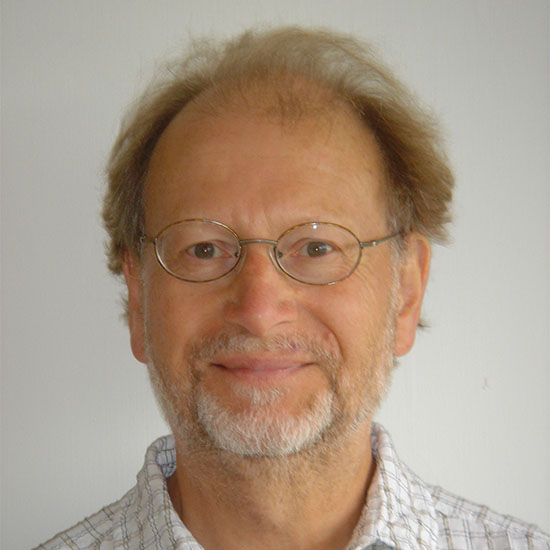After graduating from Oxford in 1964, Bryan Webber joined the Alvarez research group at Berkeley, working on neutral kaon decays and completing his PhD in experimental particle physics in 1969. He then switched to theoretical physics and began working on strong interactions. In 1971, he moved to Cambridge, where he headed the theoretical high-energy physics group at the Cavendish Laboratory from 1973 until his retirement in 2010. His main research interest remains strong interactions, now described by quantum chromodynamics (QCD).
He works closely with experimentalists and has made many contributions at the interface between theory and experiment, including the Herwig event generator, new jet-finding algorithms, event shape variables and models for non-perturbative QCD. He is seeking a more precise description of complex final states at the Large Hadron Collider. He was elected Fellow of the Institute of Physics in 1987 and of the Royal Society in 2001, and received the Dirac Medal of the Institute of Physics in 2008 and the J. J. Sakurai Prize of the American Physical Society in 2012.
Subject groups
-
Astronomy and Physics
Elementary particle physics

